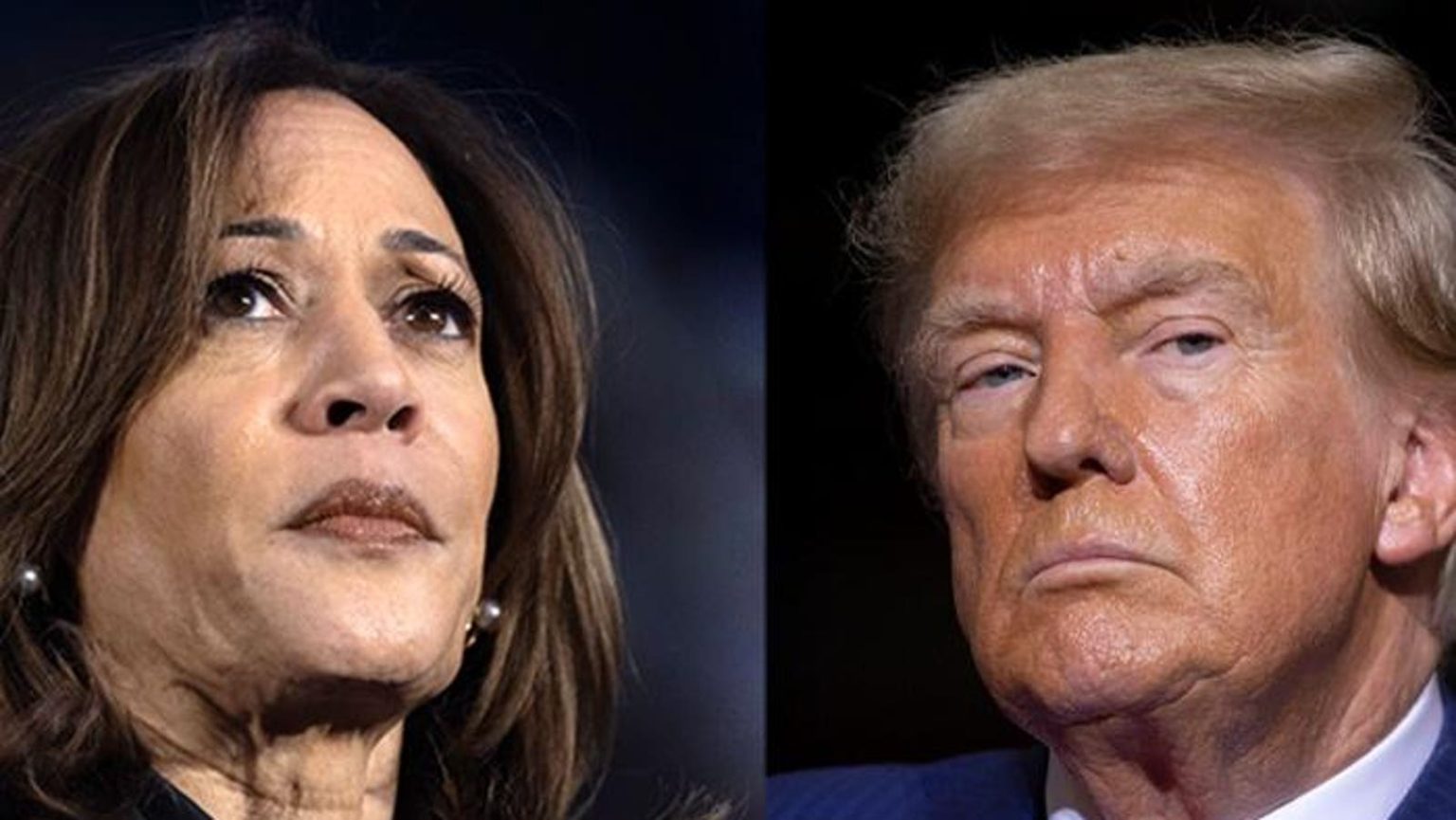The FBI is currently investigating whether China used its access to American telecoms networks to infect the iPhones of senior staff of a U.S. presidential campaign. According to cybersecurity expert Rocky Cole, founder of mobile security startup iVerify, anomalous behavior was flagged on two iPhones belonging to senior officials from one of the presidential campaigns. Cole, a former NSA analyst and Google employee, stated that the settings on the staff iPhones were changed in patterns consistent with mobile malware developed by government hacking groups. The FBI confirmed to Cole that one of the impacted iPhones belonged to a target of a Chinese cyber espionage group known as Salt Typhoon, which has been linked to breaches in telecoms giants such as AT&T and Verizon.
The timeline of the anomalous behavior aligns with Salt Typhoon’s activities within the Verizon network, indicating potential breaches. Cole emphasized that infecting a smartphone allows for greater access to information compared to compromising telecoms networks. The malware could potentially access the phone’s microphone, calls, texts, encrypted communications, such as those sent over WhatsApp and Signal, and private information stored on health and dating apps, as well as detailed location information. iVerify, through its work with the Defending Digital Campaigns nonprofit, provides candidates and staff with free cybersecurity tools to protect their devices.
Apple, the FBI, and Verizon did not respond to requests for comment on the investigation. However, Liu Pengyu, a spokesperson for the Chinese Embassy in Washington D.C., denied any involvement in attacks on the U.S. election and stated that China has no intention to interfere. Despite this denial, American officials and cybersecurity experts view China as a major cyber threat to the U.S. Chris Krebs, former chief of the DHS Cybersecurity and Infrastructure Security Agency (CISA), emphasized the need for the incoming Trump administration to prioritize countering China’s cyber activities, as well as evaluating offensive cyber options.
The potential breach of a presidential campaign staff member’s iPhone by China would be a significant security concern, as it could have wide-ranging implications for accessing sensitive information. The ongoing investigation by the FBI to determine whether the devices were actually compromised is crucial in understanding the extent of the threat posed by Chinese cyber espionage groups. As tensions between the U.S. and China continue to escalate in various domains, including cybersecurity, experts are calling for proactive measures to address and counter the increasing cyber threats posed by China.
The allegations of Chinese hacking threats and interference in the U.S. election have been met with denials from the Chinese Embassy in Washington D.C. However, concerns remain high regarding China’s aggressive behavior in cyberspace and the potential risks it poses to U.S. national security. With the upcoming change in administration, cybersecurity experts are urging the government to prioritize countering Chinese cyber threats and to actively engage in offensive cyber strategies to protect against potential attacks. The ongoing investigation into the suspected breach of presidential campaign staff iPhones highlights the urgent need for improved cybersecurity measures to safeguard sensitive information and mitigate cyber risks.


